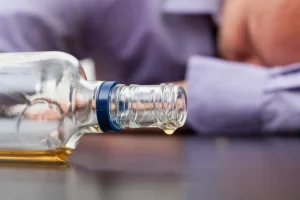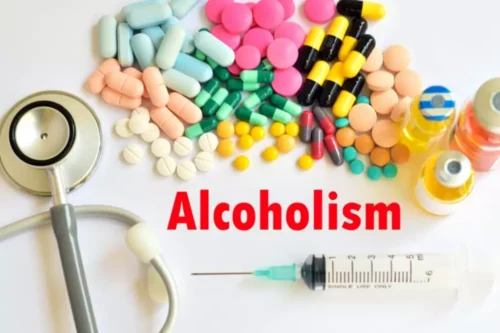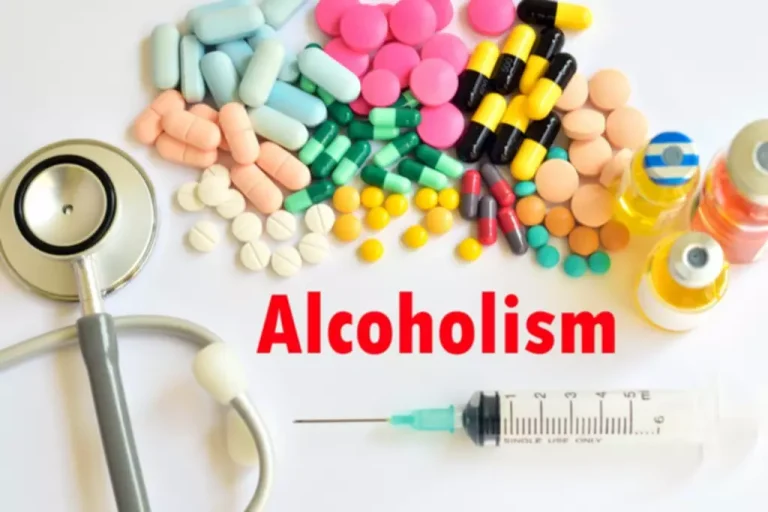
That said, If you’ve been drinking excessively, then stopping drinking cold turkey can lead to withdrawal symptoms. Many people report less intense alcohol cravings during this timeframe. However, it’s worth mentioning that alcohol cravings can be replaced with cravings for sugar. Many alcoholic beverages are high in sugar, and your body is still in recovery mode.
- It’s typical for withdrawal symptoms to begin within hours to a day or two after you have your last drink.
- Another benefit of giving up alcohol is that your mind may be clearer.
- If you do not have access to a phone contact Web Poison Control Services for online assistance.
- You can continue your daily routine without being at the center all day.
Mild Symptoms
- Dependent drinkers with a higher tolerance to alcohol can often drink much more without experiencing any noticeable effects.
- A person with this condition can have a very high heart rate, seizures, or a high body temperature.
- Find out what they are and what you should do if you are experiencing them.
- When you talk to your doctor about symptom relief, it’s a good idea to discuss treatment for alcohol abuse or dependence.
The goal is to alcohol detox side effects achieve medical stability, reduce distress and add comfort to the process. In severe cases of withdrawal when symptoms are not treated, a person may experience generalized tonic-clonic seizures, delirium tremens, and even death. Most people stop having withdrawal symptoms four to five days after their last drink. Tapering off alcohol at home is not recommended for people with severe alcohol addiction. But if you’re concerned that you’re drinking too much and you’re able to cut back, tapering could work for you. Acute alcohol withdrawal is the body’s reaction to a lack of alcohol.
Your Risk of Certain Diseases Will Decrease

By calling our helpline, we can connect you with one of our trained specialists who can help you find an alcohol detox program that’s suited to meet the needs of yourself or a loved one. Doing what you can to get in a nutrient-rich diet with vegetables, fruits, lean proteins, and complex carbs is recommended to help promote physical and mental health. But this can help with serious issues if and when they occur, including seizures and hallucinations. If you need to detox from home, consider seeking medical advice and asking for support from family or friends, who can call for help if medical complications occur. Alcohol withdrawal can begin to set in within six to 12 hours after a person’s last https://ecosoberhouse.com/ drink, and last for anywhere from two to 10 days. Alcohol detox programs can offer a clean, quiet, and safe place to withdraw from alcohol, and offer treatment to help make the experience as painless as possible.

Who Experiences Alcohol Withdrawal Symptoms?
- Each week feels like a milestone, and this week might feel like your best one yet.
- These programs involve working with a team of mental health professionals in a group and individual setting.
- The time it takes to detox depends on a few factors, including how much you drink, how long you’ve been drinking, and whether you’ve experienced alcohol withdrawal before.
- They’re sedatives that work by stimulating gamma-aminobutyric acid (GABA), a chemical in the brain that is involved in setting off alcohol withdrawal symptoms.
- However, medical complications can occur during the acute phase of withdrawal.
This is because alcohol can cause changes in brain chemistry, which can lead to cognitive problems. You might notice this effect more if you were drinking to manage your mood, such as drinking to temporarily relieve negative emotions or boost positive ones. If you struggle to sleep, talk to your doctor about solutions that might help.
How Much Do I Have to Drink to Experience Withdrawal?
- Westman, J.; Wahlbeck, K.; & et al. “Mortality and life expectancy of people with alcohol use disorder in Denmark, Finland and Sweden.” Acta Psychiatrica Scandinavica.
- Alcohol dependence can make it harder to think or remember things.
- Her fields of interest include Asian languages and literature, Japanese translation, cooking, natural sciences, sex positivity, and mental health.
- These stimulating chemicals work to balance out the depressive episodes of heavy drinking.
The CDC defines it as more than 15 drinks per week for people assigned male at birth and more than 8 drinks per week for people assigned female at birth. With long-term heavy alcohol intake, your brain adapts to the effects of booze over time. The mental health changes you experience when you stop drinking can include symptoms of withdrawal, difficulty sleeping, irritability, mood swings, and clearer thinking.


Alcohol withdrawal is a serious medical concern, and you should make a plan with your physician to ensure that you can start cutting back safely. Westman, J.; Wahlbeck, K.; & et al. “Mortality and life expectancy of people with alcohol use disorder in Denmark, Finland and Sweden.” Acta Psychiatrica Scandinavica. By the end of your first month of sobriety, the benefits of better sleep, improved hydration, spending less and decreased calorie intake will be growing.

